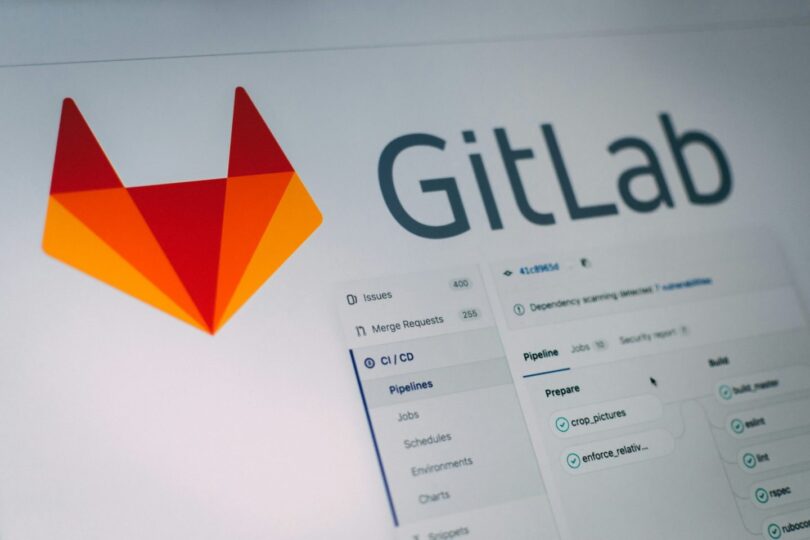GitLab’s recent report, The State of AI in Software Development, has shed light on how developers perceive the role of artificial intelligence (AI) in shaping the future of software development. The survey gathered insights from over 1,000 senior technology executives, developers, and security professionals from around the globe. The findings present a complex but promising view of AI’s place in the tech world.
GitLab’s survey
Shows a growing belief that AI is essential for maintaining competitiveness in the tech industry. A significant 83% of respondents agreed that implementing AI is crucial for staying ahead. In today’s fast-paced environment, efficiency and productivity are more important than ever.
AI Boosts Developer Productivity
The survey highlights AI’s potential to improve developer productivity. Over half of the respondents (51%) see AI as a key factor in enhancing efficiency. AI can automate repetitive tasks, speed up development cycles, and allow developers to focus on higher-level work.
Security Concerns
With AI-generated Code Despite the benefits, GitLab’s survey reveals concerns about the risks of AI in coding. Security professionals are particularly worried about AI-generated code. Nearly 79% of participants fear that AI tools might introduce security vulnerabilities. This could create more work for security teams and complicate the development process.
Currently, developers spend only 7% of their time identifying and fixing security issues, compared to 11% spent testing code. As AI tools become more widespread, this gap may grow.
Privacy and Intellectual Property (IP) Risks
Data privacy and IP concerns also feature prominently in the survey. A striking 95% of senior tech executives prioritize privacy and IP protection when choosing AI solutions. AI’s ability to analyze large datasets raises concerns about sensitive information being exposed or misused.
Moreover, 32% of respondents are “very” or “extremely” concerned about integrating AI into the development lifecycle. Among these, 39% fear security vulnerabilities in AI-generated code, and 48% worry about the lack of copyright protection for AI-produced code. These issues complicate the IP landscape.
The AI Skills Gap in Software Development
GitLab’s survey also highlights a noticeable skills gap in AI usage. While 75% of companies offer AI training, many employees feel the resources provided are insufficient. A large majority (81%) say they need additional training to better integrate AI tools into their work.
This gap is reflected in hiring trends. 65% of respondents revealed their companies plan to hire talent to implement AI solutions. There is a significant demand for specialized skills in this area.
The Future of AI in Software Development
David DeSanto, Chief Product Officer at GitLab, emphasized that AI can impact nearly every stage of the software development lifecycle. While only 25% of developers’ time is currently spent on code generation, AI can influence up to 60% of their daily tasks. This would boost productivity and collaboration across teams.
For AI to reach its full potential, it must be integrated throughout the development process. This approach will allow teams to benefit from AI’s efficiencies while managing security and privacy risks more effectively.
Conclusion: A Bright but Cautious Future
AI has the potential to revolutionize software development, but GitLab’s survey underscores the need to address cybersecurity, privacy, and skills development challenges. Focusing on effective training, improving collaboration between developers and security teams, and ensuring strong privacy protections will help unlock AI’s full potential. The success of AI in development depends on finding the right balance between innovation and caution.


















